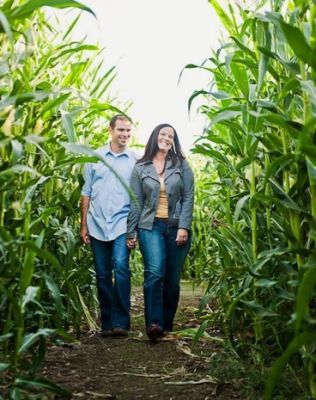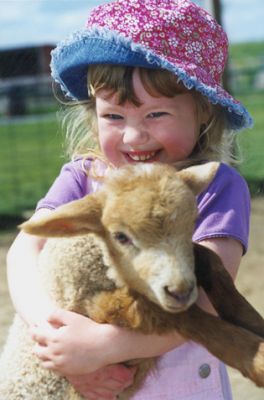
Vol. II, No. 5, September 2024
The results are in: agritourism makes us happy
Since the onset of the Covid-19 pandemic, we have witnessed a growing change in how we view mental health, wellness, and self-care. The pandemic brought about a global increase in stress, anxiety, depression, and other mental health challenges, shedding light on the importance of a holistic approach to our health. As the world slowly opened back up, consumers sought out experiences that were not only physically safe but provided an experience that would enhance their mental well-being. We observed this phenomenon with soaring attendance rates for agritourism venues in the years following Covid with everything from the local pumpkin patch to cow cuddling - a nascent agritourism trend allowing guests to well-cuddle a cow.
Now, a study from South Korea shares its findings on the positive impacts of agritourism on mental health. The relationship between time spent outdoors in green space and its positive effects on our mental health and overall sense of well-being has been studied for decades. This study chose to look specifically at the agritourism industry, specifically activities such as U-pick activities, farm-to-table meals, and feeding animals. A group of 200 residents of Seoul were divided into two groups: one who spent a day at an agritourism venue and another who spent the day at home. All respondents then rated their "Personal Emotional State" following their experience. Across the board, the participants in the agritourism activities rated their emotional state higher in terms of both their general well-being and stress level.


So, the next time you watch a child's eyes light up when they pet a goat or run through a pumpkin patch or adults' eyes light up when shooting a pumpkin cannon or going through a corn maze, you can feel satisfied that science has proved what we already knew to be true: agritourism makes people happy.
Subscribe to Agritourism Today



